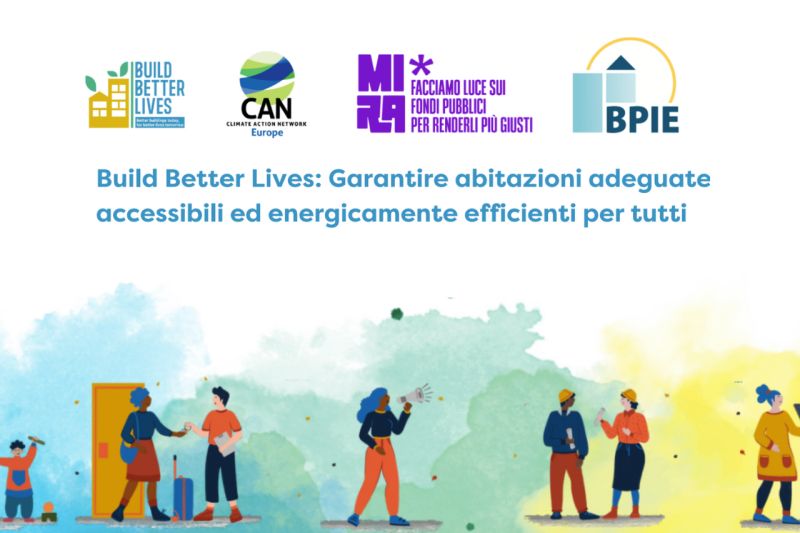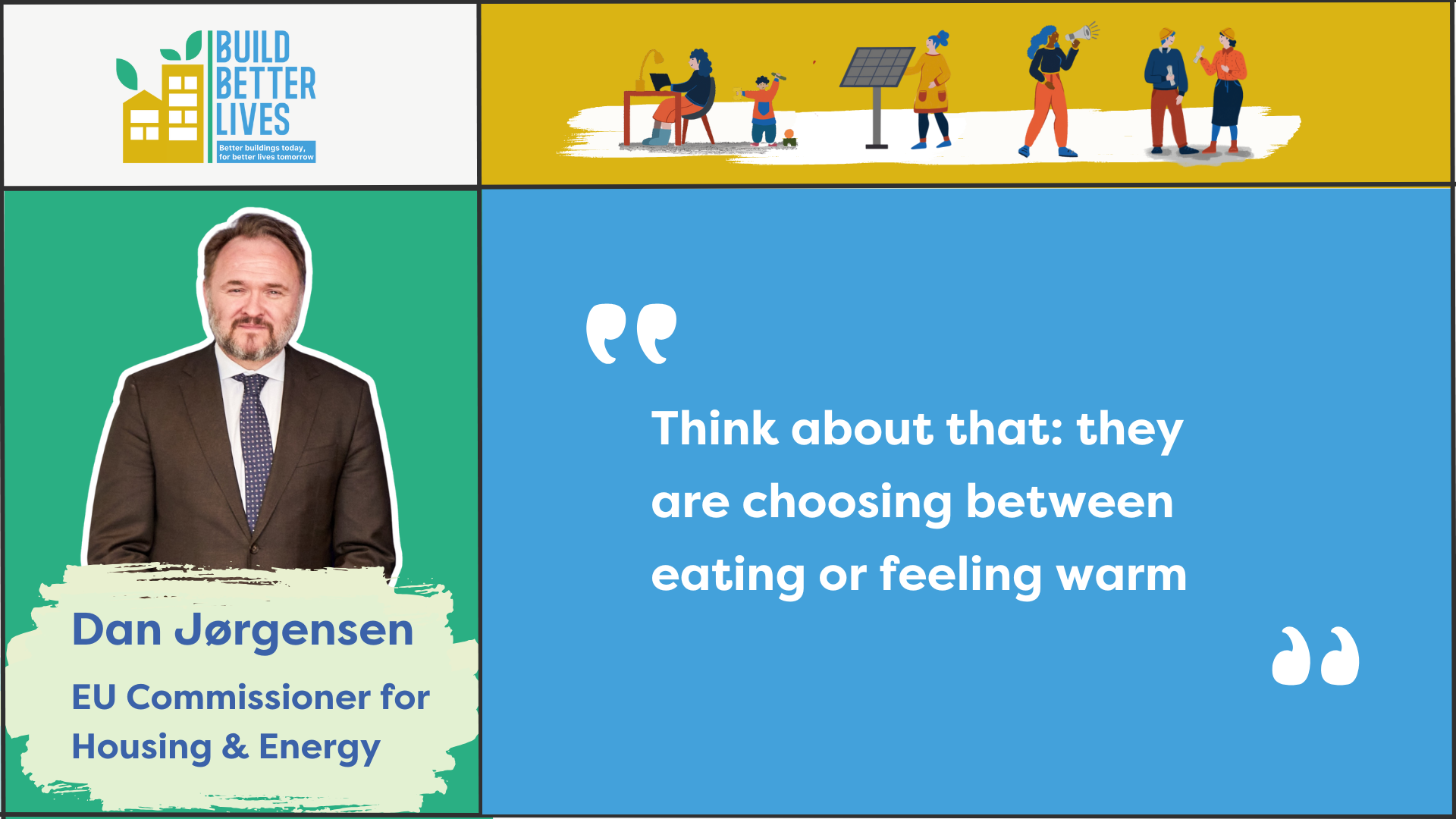For the Spanish translation, you can find the full peice on the EL Páis website.
Year on year, there is an increasing number of weather-related fatalities occurring across Europe. Extreme climate events such as deadly summer heatwaves and flash flooding are becoming more frequent as the new climate reality takes hold. Moreover, a cost of living crisis compounded by volatile energy prices forced many households last year to choose between heating and eating as many more households fell into energy poverty. The primary causes of these issues can be traced back to Europe’s large inefficient building stock and linked with our high dependence on fossil fuels.
Spain is among the worst affected countries. Last year, Spain recorded 11,324 deaths that could be attributed to the extreme heat, the second worst in Europe (Italy was the worst with 18,010 deaths). Moreover, the country has recently endured its third record breaking heat wave this summer.
Although the public health advice is to stay indoors, many Spanish homes are struggling to keep their homes at an adequate temperature due to rising energy costs. As extreme heatwaves are becoming more commonplace, energy poverty now poses serious health risks in the summer as proper air conditioning and ventilation become less affordable.
Not Fit For Purpose
Unfortunately, 80% of the buildings in Spain are energy inefficient, 5% higher than the total inefficient building stock in the EU. The Spanish National Plan against Energy Poverty found that it is especially low-income households and the homes of the most vulnerable people in Spain that suffer from energy inefficiency.
On the flipside, figures released by Eurostat found that almost 8 million people in Spain were unable to keep their homes warm last winter. Over the last three years, the percentage of homes that could not keep adequately warm rose from 10.9% to 17.1% with inflation and the current cost of living crisis.
Despite millions of people living in unfit housing, for decades, there has been close to no effort towards developing and implementing inclusive and ambitious EU building policies that could support the energy renovation of Spain’s inefficient buildings. Households are forced to rely on outdated, inefficient and pollutant heating and cooling systems that are powered by fossil fuels, leaving many exposed to energy price volatility. The continued use of fossil fuels also worsens the climate crisis which is the main culprit for these deadly summer heatwaves.
In addressing these issues, the revision of the Energy Performance of Buildings Directive (EPBD) is a crucial starting point. The directive can be the catalyst that EU Member States such as Spain need in order to take urgent action in decarbonising their buildings, increase the renovation rate and ensure the replacement of fossil fuel-based heating systems with renewable heating solutions as soon as possible.
Heating is one of the biggest expenses when it comes to many household’s budgets. Hence, adequate and sufficient EU and national funding should be allocated first to renovating the worst performing homes for low-income households. Subsidies for fossil fuel heating installations should be phased out by 2024 at the latest as they only keep the fossil fuel machine going, locking people into fossil fuels for decades to come.
At present, there are approximately 68 million gas and 18 million oil boilers in residential buildings across the EU. Replacing 30 million oil and gas boilers with new heat pumps by 2030, would result in a 36% reduction of the gas and oil consumption in these buildings and a 28% reduction of their CO2 emissions. To achieve this, public financing should be redirected away from fossil fuel and towards improving energy efficiency, building renovations and the installations of renewable heating and cooling technologies within the residential sector.
Better buildings today for better lives tomorrow
Reducing energy consumption and costs, healthier and more comfortable homes and drastic reductions in greenhouse gas emissions are the benefits that can be unlocked by a holistic deep renovation wave across EU Member States. These are long-term solutions to many of the current crises Europe is facing now.
Renovating Spain’s buildings, especially homes, will require efforts from both the private and public sector. Governments and the private sector need to join forces to scale up recruitment and training for engineers, installers, architects and planners to implement these widespread renovations.They need to ensure good working conditions (e.g. better safety conditions and wages), decent and direct job opportunities, improve qualification requirements, and roll-out large-scale educational initiatives to make certain that there is a sufficient supply of adequately qualified and certified workers that can deliver high quality work. It is also the responsibility of Governments to set ambitious and clear policy objectives within their National Energy and Climate Plans (NECPs).
This all starts with delivering a socially and environmentally sound EU Buildings Directive. As trilogue discussions between the EU institutions continue, it is crucial that EU and national policymakers recognise the potential that a holistic deep renovation wave has in addressing the multiple crises Europe now faces. It is in their hands to deliver a legislative framework that prioritises people, the worst-performing buildings, and encompasses financial support, technical aid and strong social protection.
Written by Eva Brardinelli, Buildings Policy Expert at CAN Europe and Mónica Vidal, Heating Campaigner at CAN Europe.


